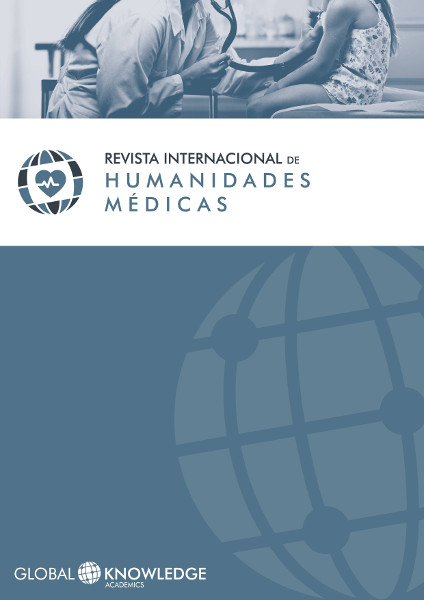Pedagogies of Meaning in the Health Sciences: Capturing and Promoting a Movement
DOI:
https://doi.org/10.37467/gka-revmedica.v2.1306Keywords:
Medical Education, Pedagogy of Meaning, Philosophy of Education, Medical Humanities, AndragogyAbstract
The pedagogy of meaning is a pedagogical approach that intends to facilitate not only the technical training of students but also their human development. However, we can miss some aspects of education, such as subjetivity and meaning, for example. The student´s tutor is somebody who can “capture the internal movement” of the student, and facilitate his/her development. On the other hand, a subtle movement toward the acquisition of virtues can be much more relevant. In this paper we describe the pedagogical principles and practices that can help us for the search of meaning, conflating the principles and perspectives of andragogy and humanities. The authors cited (Torralba, Jane Vella, and Alfonso López Quintás) give us some clues that can help us to go farther than just technological learning, namely, the consideration of generative themes of students, the perception process in learning, and the integration of tradition treasures and cultural context.
Global Statistics ℹ️
|
118
Views
|
43
Downloads
|
|
161
Total
|
|
References
Arnold, L. y Stern, D. T. (2006) “What is medical professionalism?”. En Stern, D. T. (2006), Measuring medical professionalism . Oxford University Press.
Franken, C. (2000). Verdad y ficción en la filosofía, teología, historia y literatura . Santiago de Chile: Ed. Universidad Católica de Chile.
Hammick, M., Freeth, D., Koppel, I., Reeves, S., Barr, H. (2007). “A best evidence systematic review of interprofessional education: BEME Guide no. 9”. Med. Teach ., 29(8): 735-51, octubre.
Lolas, F. (1997). Más allá del cuerpo . Santiago: Andrés Bello.
López Quintás, A. (1987). Vértigo y éxtasis. Bases para una vida creativa . Madrid: Ed. Impresa.
López Quintás, A. (1997). Literatura y formación humana . Madrid: San Pablo.
Orsegue J. F. (2006). “El humanismo en la educación médica”. Educación 30(1): 51-63.
Torralba, F. (1997). Pedagogía del sentido . Madrid: PPC.
Vella, J. (2008). Learning to listen, learning to teach . John Wiley & Sons.
Walker, R. (2000). “Desarrollo de la capacidad empática a través de las humanidades”. Ars médica 2(2): 139-146.
Walker, R. (2006). “Educación en salud y humanización”. Ars Médica 12(12): 107-120.
Walker, R. y Zúñiga, D. (2012). “La narrativa en la formación docente: experiencia de cinco años de un taller de escritura creativa”. Rev. Med. Chile . 140(5), mayo 2012, 659-666.
Barbera, F. (2008). “Una visión de la antropología filosófica de enfermería. La empatía como cuidado transcendental”. Rev. electrónica portales médicos.com .
Aranguren, L. y Yepes, R (2003). Fundamentos de antropología: un ideal de la excelencia humana. Navarra: Ed. EUNSA.
Downloads
Published
How to Cite
Issue
Section
License
Those authors who publish in this journal accept the following terms:
- Authors will keep the moral right of the work and they will transfer the commercial rights.
- After 1 year from publication, the work shall thereafter be open access online on our website, but will retain copyright.
- In the event that the authors wish to assign an Creative Commons (CC) license, they may request it by writing to administracion@edulab.es









